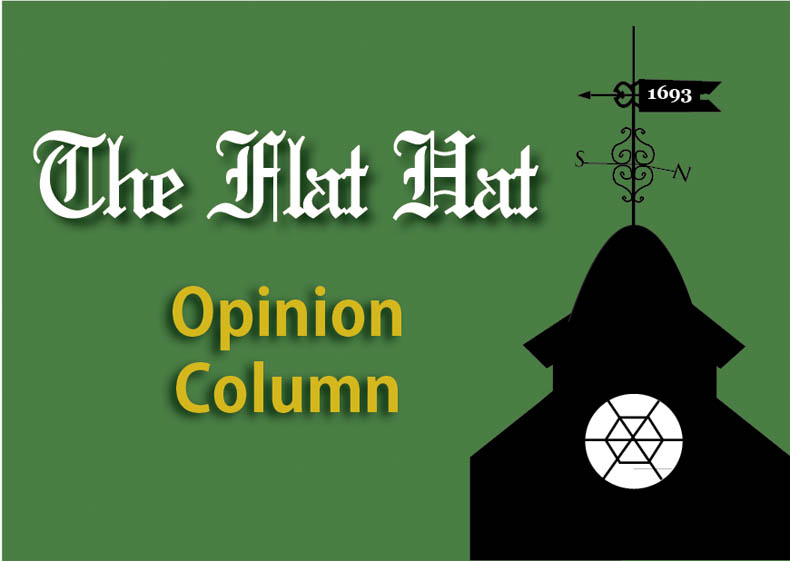Way to go, Tribe. The College of William and Mary ranked 32nd in U.S. News & World Report’s Best Universities listing and 6th for Best Public Colleges — which is great news, but what does that mean? Does the ranking of the College provide any insight into what future prospects may lay ahead of us when we walk through the Sir Christopher Wren Building one last time?
Are college rankings adequate enough in their assessment concerning the value of a college education? Is there a particular analysis that can capture everything we take away from the College? A college degree is an important determinant of the prospects that lay ahead in the future, but it seems that understanding the entirety of those opportunities cannot be based off companies attempting to name the best schools or statistically laying out the median incomes of graduates as a means of determining the value. There are problems within their analysis as the college experience provides many opportunities that cannot be measured using statistics and surveys.
U.S. News & World Report uses a methodology that adjusts from year to year and is based off of mostly qualitative variables. For its 2014 rankings, the media outlet measured undergraduate reputation via peer surveys. In other calculations, it assessed SAT and ACT scores to determine the level of student selectivity. U.S. News & World Report provides a glimpse into the value of college based on the time frame that a student is enrolled in college. It does not offer any insight in what a college degree actually conveys. It fails to capture the return on investment (ROI), or the monetary value, of a given college degree, and it fails to understand the implications of a degree after graduation.
Payscale offers a quantitative analysis on the utility of a four-year degree. Figuring in the cost of college and averaging out the median salaries of graduates, Payscale determines the ROI of any given college as means of understanding the value of a college education. It offers the mathematical statistics that U.S. News & World Report fails to configure. The College doesn’t rank so well using this grading metric. We’re number 94 with an average 30-year ROI amounting to $951,300 or $31,710 a year. But don’t be alarmed; we’re right behind Yale University with an average 30-year ROI that’s just $3,000 above ours at $954,300. Payscale offers insight into the monetary value of a given degree, but it does not take in consideration the value of the networks of individuals that students engage with while in college and after graduation.
The main point is that these websites and news outlets are inadequate in determining the value of our education at the College. U.S. News & World Report focuses on too many aspects that are limited to the time a student is in school, and Payscale fails to understand the importance of networking that a college degree provides. Understanding what one gets out of their degree program is subjective and open to many factors that cannot be taken as the basis of any single value or set of values, which is what these websites attempt to create.
Perhaps the most important aspect and the one thing that cannot be measured by any mathematical formula or survey is the community that the students immerse themselves in while attending college. In a world in which it is not what you know but whom you know, the networks and connections that are provided at universities are increasingly more valuable. At the College we have an amazing student body that is exceptionally bright and dedicated. We also have a fantastic “open door policy” with faculty who hold credentials that we as students can only dream about. The most important aspect we should take from our time here at the College is the relationships with the people who may be the ones recommending us for our dream job or opening the door to a pathway that we never imagined. That’s one aspect that polls and statistics will never be able to capture.
Email Lindsey Stroud at lmstroud@email.wm.edu.

